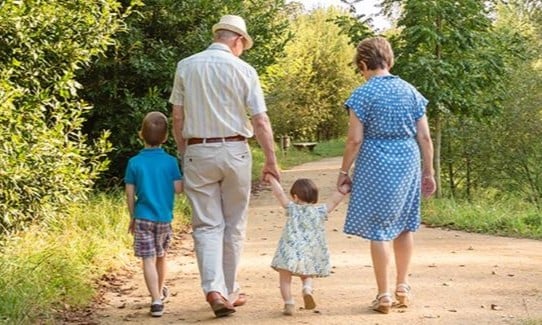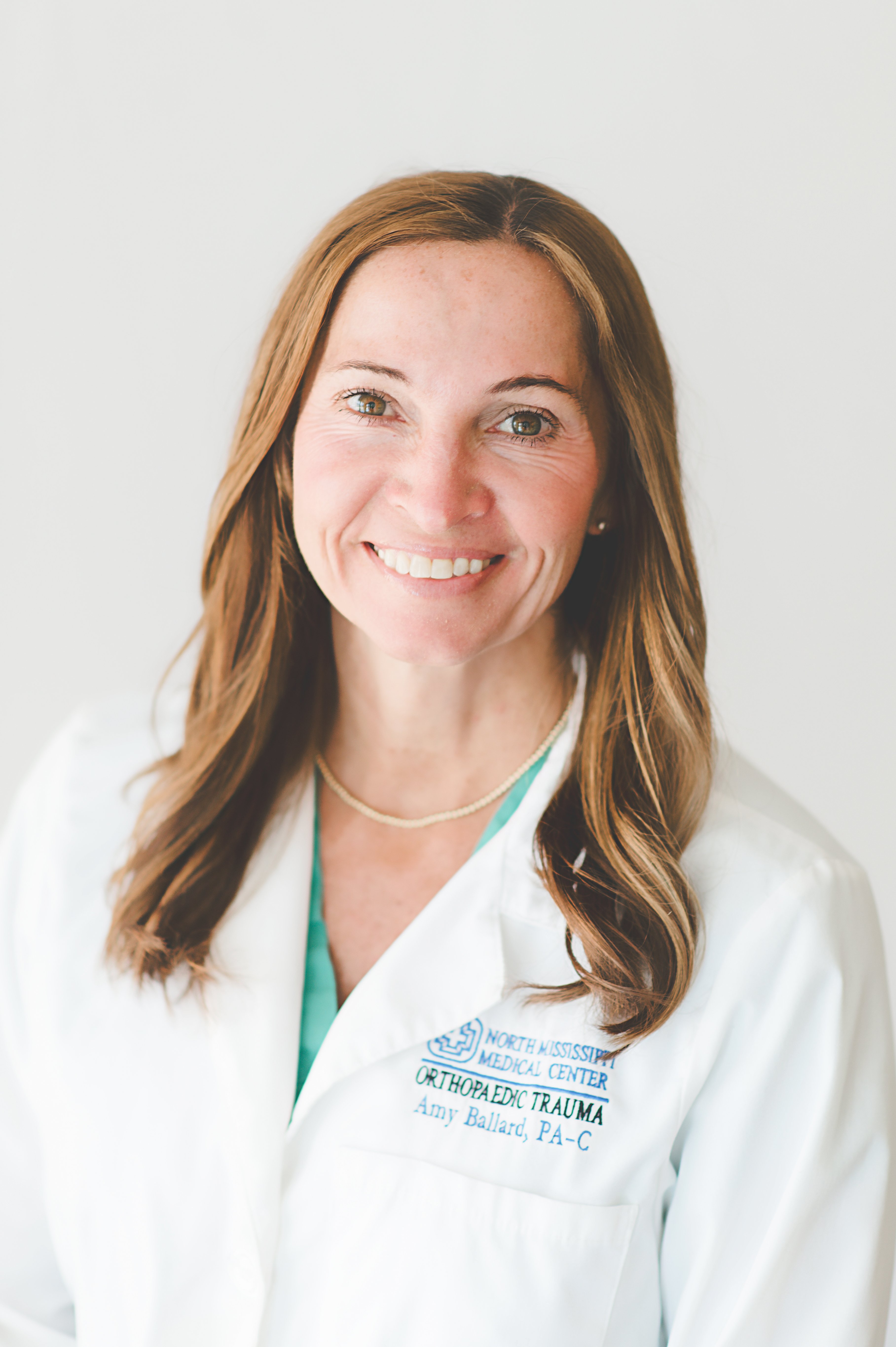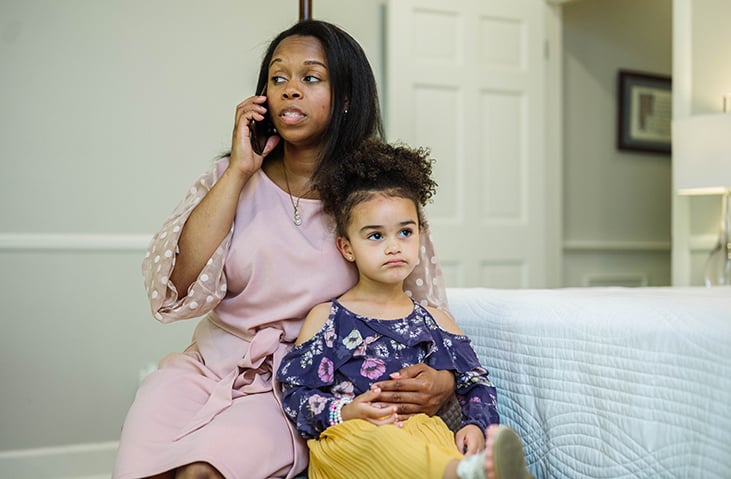



Summary
From calcium to cardio, discover some simple steps to keep your bones healthy for life.
Bones support our bodies, protect vital organs and store calcium. They are the attachment sites for muscles so that we can walk, work, ride a bike and enjoy all life has to offer.
Peak bone mass is reached by age 30. Diet, activity and lifestyle choices can help optimize bones by that age, but how can aging adults continue to maintain healthy bones?
Why Bone Health is Important
Bones are constantly changing over time. As part of the remodeling process, old bone is broken down and new bone is being built. As you age, the remodeling process outpaces new bone being built.
This can create less bone mass and become easier to break as you age. Over time, bones can become thinner—a condition called osteopenia. If it gets worse, it can lead to osteoporosis, which makes bones fragile and more likely to break.
Less bone mass increases your risk for breaking bones. After age 50, half of all women and one in four men will break a bone because of osteoporosis. This can lead to decreased mobility, quality of life and even death.
How to Maintain Healthy Bones
Diet/Supplements: Ensuring you eat a well-balanced diet as you age can help maintain strong bones. Premenopausal women should get 1000 mg of calcium daily. Postmenopausal women should get 1200 mg of calcium daily.
This can be either through diet, supplements or a combination of the two. Calcium-rich foods include milk, cheese, yogurt, fish and leafy greens.
Vitamin D is also essential for strong bones because it helps with the absorption of calcium. The goal is 600-800 iu per day. A growing number of people have a vitamin D deficiency and may need daily supplementation.
Foods rich in vitamin D include salmon, trout, eggs and some cereals. Sunlight is also a great source of vitamin D.
Exercise: Weight-bearing and resistance exercises play a vital role in bone turnover and growth.
Weight-bearing exercises include walking, running, stair climbing and dancing. You can use resistance bands and weights, or you can keep it simple and use your own body weight for resistance. These exercises not only prevent losing bone mass, but they also help keep our muscles strong and prevent falls.
- Lifestyle Choices: Smoking, heavy drinking, low calorie diets and a sedentary lifestyle can all contribute to bone loss.
- Medication: Since the 1980s, pharmacological agents have been developed to prevent further bone loss. Now more advanced medications can build bone. Whether you have osteopenia or osteoporosis, medications are available to improve your bone mass.
Know Your Bones
A bone density test will show how much bone mass you may have lost.
All women should get a bone density test at age 65, and men should get one at 70. If you have a broken bone after age 50, a bone density test may be warranted.
Be aware of your family history. If a parent or sibling had broken bones, then you too may be at risk.
Certain medical problems can accelerate bone loss and lead to poor bone quality. Those include diabetes, thyroid disease, eating disorders, inflammatory bowel diseases, rheumatoid arthritis and low hormones.
Certain medications can accelerate bone loss too, including corticosteroids, proton pump inhibitors, breast and prostate cancer medications, some antidepressants and antiepileptic medications.
Take Action
Each year, approximately 2 million older Americans sustain fractures because of weak bones, leading to temporary or permanent disability and even death.
Half of the 300,000 people who have a hip fracture do not return to their prior level of function.
Take charge of your bone health! Stay active, eat well, manage medical conditions and talk to your doctor about tests and treatments you can get to keep your bones healthy and YOU active.


Amy Ballard, PA-C
Amy Ballard, PA-C, is a physician assistant with North Mississippi Medical Center Orthopaedic Trauma Clinic. Amy completed her physician assistant training at the University of Alabama at Birmingham in 2002. She has also received a National Fracture Liaison Service Certificate of Completion.
Call 1-800-THE DESK (1-800-843-3375) or use our search to find a provider near you.

Subscribe to Our Newsletter
Like this content and want to get more? Sign up for True North, the health and wellness newsletter from North Mississippi Health Services!

Subscribe to Our Newsletter
Like this content and want to get more? Sign up for True North, the health and wellness newsletter from North Mississippi Health Services!

Nurse Link®
Not sure if you need Urgent Care or the ER? Call 1-800-882-6274 anytime to speak directly to a registered nurse and get immediate answers. Using computerized medical protocols, nurses direct callers to the most appropriate treatment. Our nurses are available 24 hours per day, seven days per week.